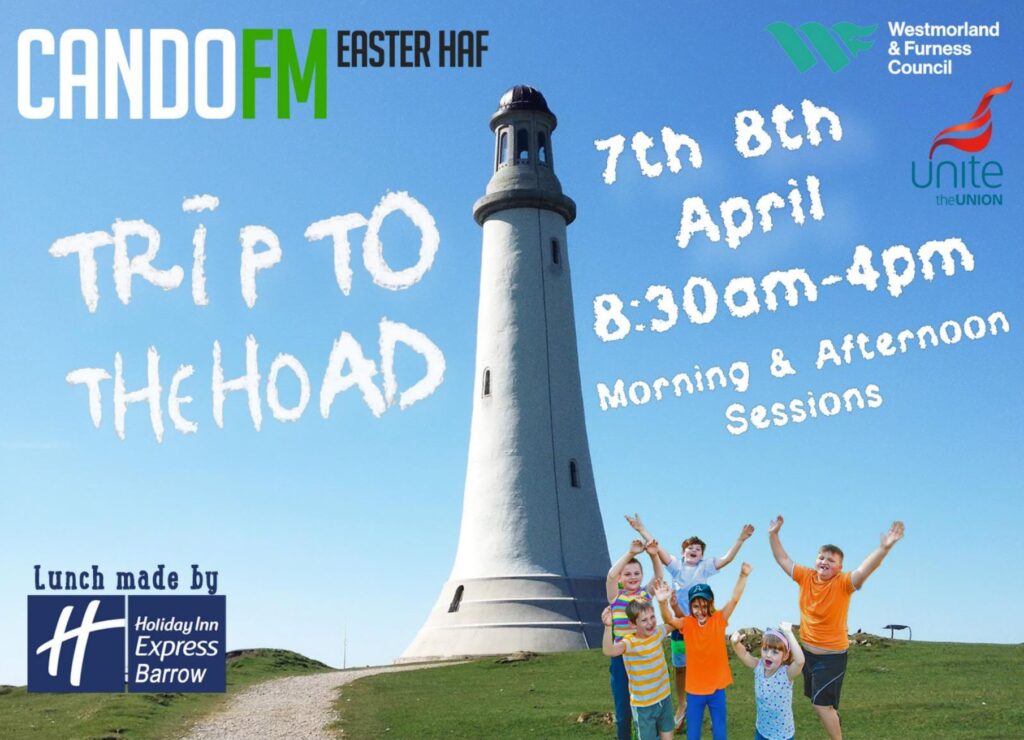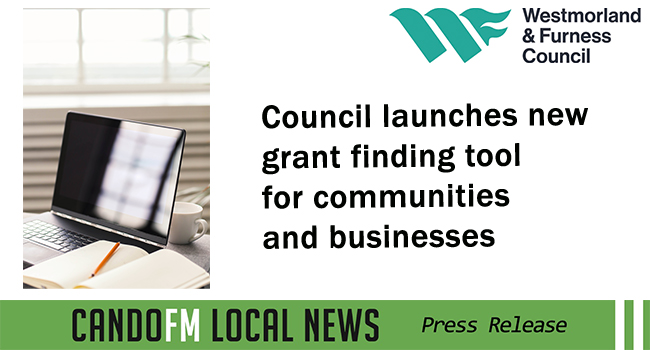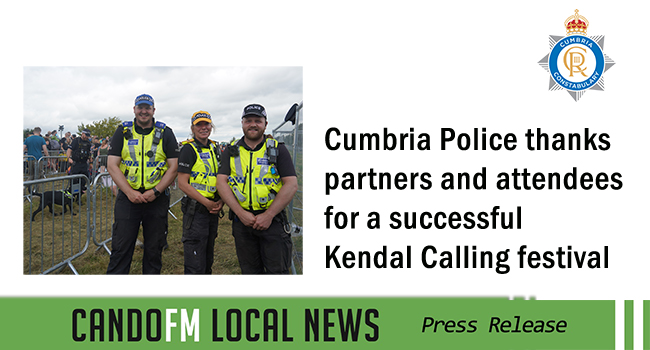
The NHS and faith leaders in Lancashire and South Cumbria are calling for all Muslims to protect themselves against COVID-19 this Ramadan.
Since 2020, the COVID-19 vaccine has been our most important protection against the virus. Unfortunately, COVID-19 is still active, but the vaccine offers the best protection against becoming seriously unwell and passing the virus on to others.
As COVID-19 is more serious in older people and those with a weakened immune system, the NHS is now calling those aged 75 and over, and people aged 12 and over who have a weakened immune system, to come forward for a spring booster. Whilst vaccines give us a good level of protection, that protection wanes after time and that’s why it’s so important not to delay having booster injections.
COVID-19 vaccinations and boosters don’t contain animal products or pork and according to the British Islamic Medical Association individuals should not delay their COVID-19 vaccinations on account of Ramadan. The opinion of Islamic scholars is that having a vaccination does not invalidate the fast.
Chair of Lancashire Council of Mosques, Imam Rafiq Sufi, said: “Those that are the most vulnerable in society should consider taking the spring booster vaccine as a means of a precautionary measure for their own protection and the protection of their dear and near ones.
“The COVID-19 vaccine can also be taken in the state of fasting during the holy month of Ramadan. Taking the vaccine will not be a means of hindrance for the acceptance of the fast.”
Some people might experience some mild side effects from the booster dose, regardless of how they reacted to previous COVID-19 vaccines. Side effects do not last for very long and not everybody will get them. These can include a sore arm, feeling tired, a headache, feeling achy, and feeling or being sick.
As a pain killer such as paracetamol is recommended, vaccination appointments could be booked in the late afternoon so in case of any potential side effects, medication can be taken on the breaking of the fast.
The NHS continues to encourage those who have yet to come forward for their first, second or booster dose, to do so at a time and place that is convenient for them. Everyone aged 12 and over, and some children aged five to 11, can get a first and second dose of the vaccine, while people aged 16 and over and some children aged 12 to 15 can also get a booster dose.
There are still plenty of walk-in options in every part of the country for people to get their initial booster. People can find their nearest centre or book an appointment at www.nhs.uk/covid-booster or by calling 119 free of charge (translators are available on request) and more information can be found at www.nhs.uk/covidvaccine.







